There’s nothing more frustrating than spending your vacation sore from endless flights of stairs and uneven cobblestones or not even being able to enjoy your destination at all because of its inaccessibility for those with disabilities.
Many famous European destinations are creating an inclusive culture by accommodating those with limited mobility and aging bodies. Flat surfaces, step-free areas, and wheelchair-friendly features make traveling to Europe easier than ever.
These are the most accessible cities in Europe:
Reykjavik, Iceland
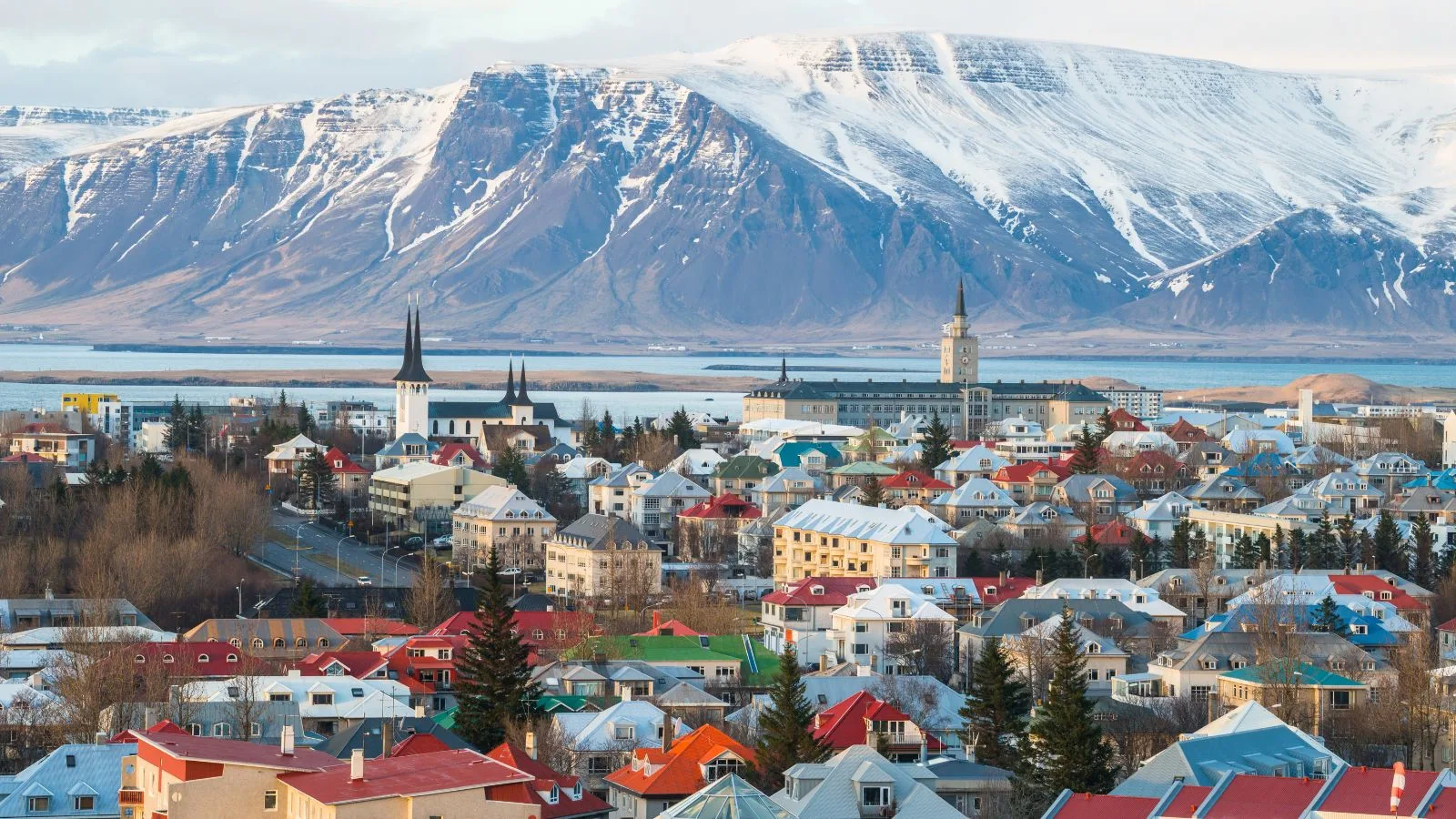
Add Reykjavik to your accessible travel bucket list. Iceland has made a conscious effort to improve wheelchair features throughout its capital city.
Most shops on Laugavegur, Reykjavik’s central shopping street, have ramps for visitors with mobility concerns. Meanwhile, local companies like Iceland Unlimited offer tours for disabled travelers.
London, England
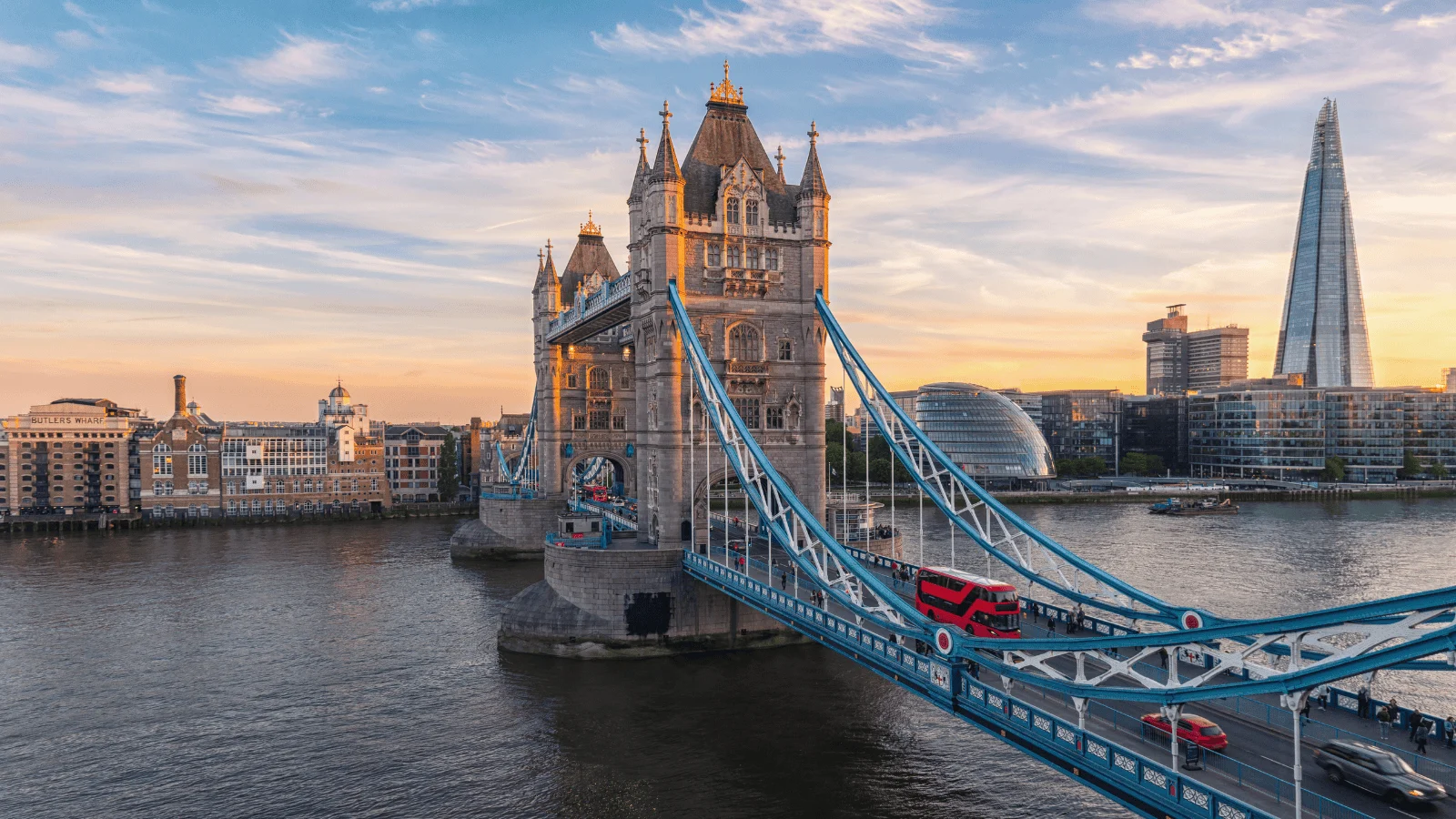
London is at the forefront of accessibility and aims to create an inclusive city infrastructure. Top attractions such as Buckingham Palace and the London Eye are wheelchair-friendly.
There is no need to stress about traveling in London, as public transportation accommodates all ability levels. Wheelchair users can expect step-free and flat areas in most neighborhoods.
Paris, France

The City of Love welcomes visitors of all abilities. Paris is a famous tourist spot and provides ample sightseeing opportunities, regardless of your mobility level.
The Louvre, Versailles, and Musee d’Orsay are can’t-miss places that disabled visitors can easily explore. Though the metro isn’t accessible, trains and buses make traveling throughout Paris with a wheelchair or scooter easy.
Dublin, Ireland
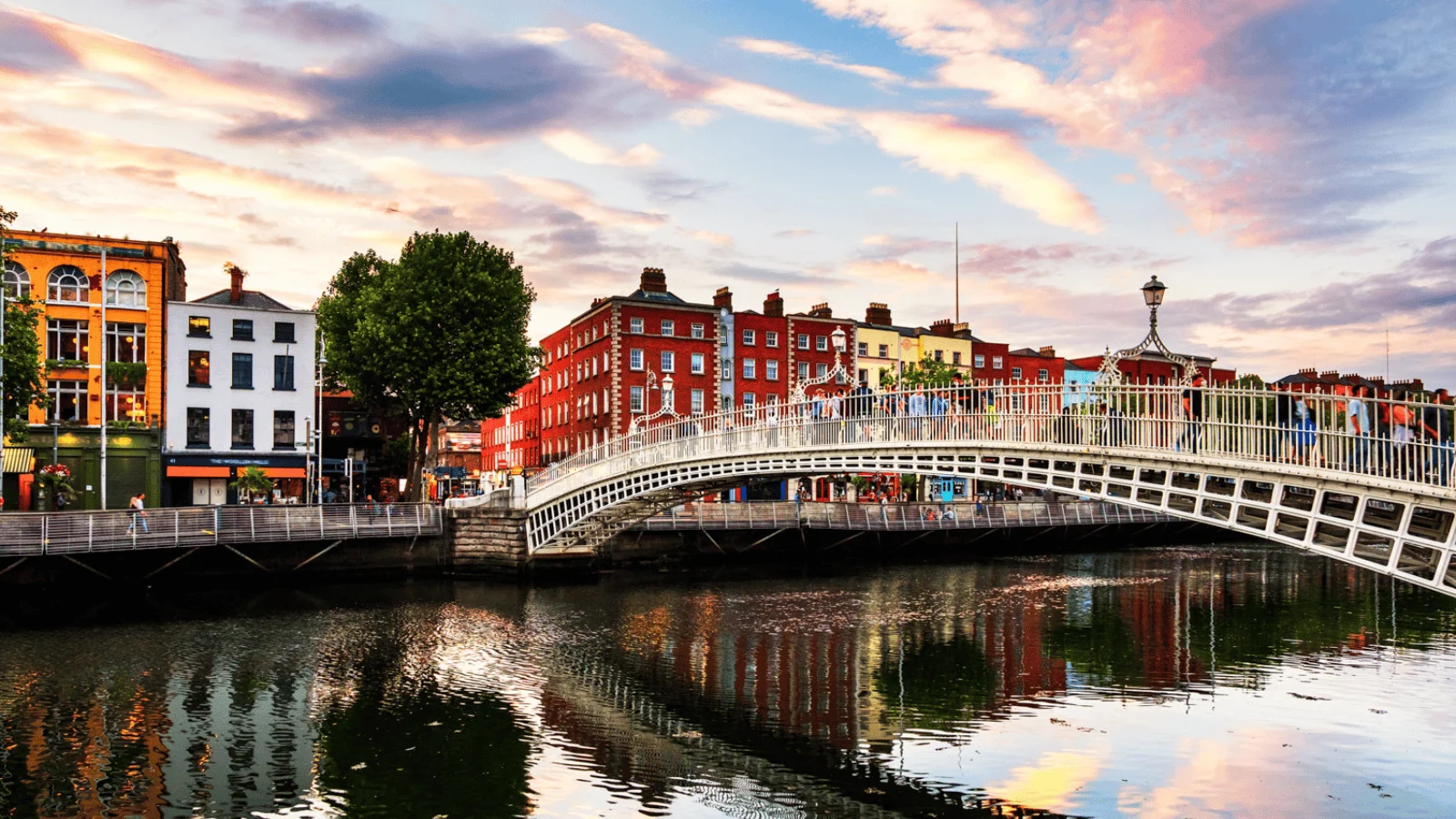
Dublin is incredibly accessible, making it an excellent place for wheelchair users to vacation. Though you’ll have to navigate some cobblestone streets and hills, most attractions cater to disabilities.
There are wheelchair and scooter-friendly Dublin things to do, such as the National Gallery of Ireland and bustling O’Connell Street. For guidance throughout town, check out Accessible Journeys Tours, which provides memorable experiences for disabled travelers.
Bern, Switzerland
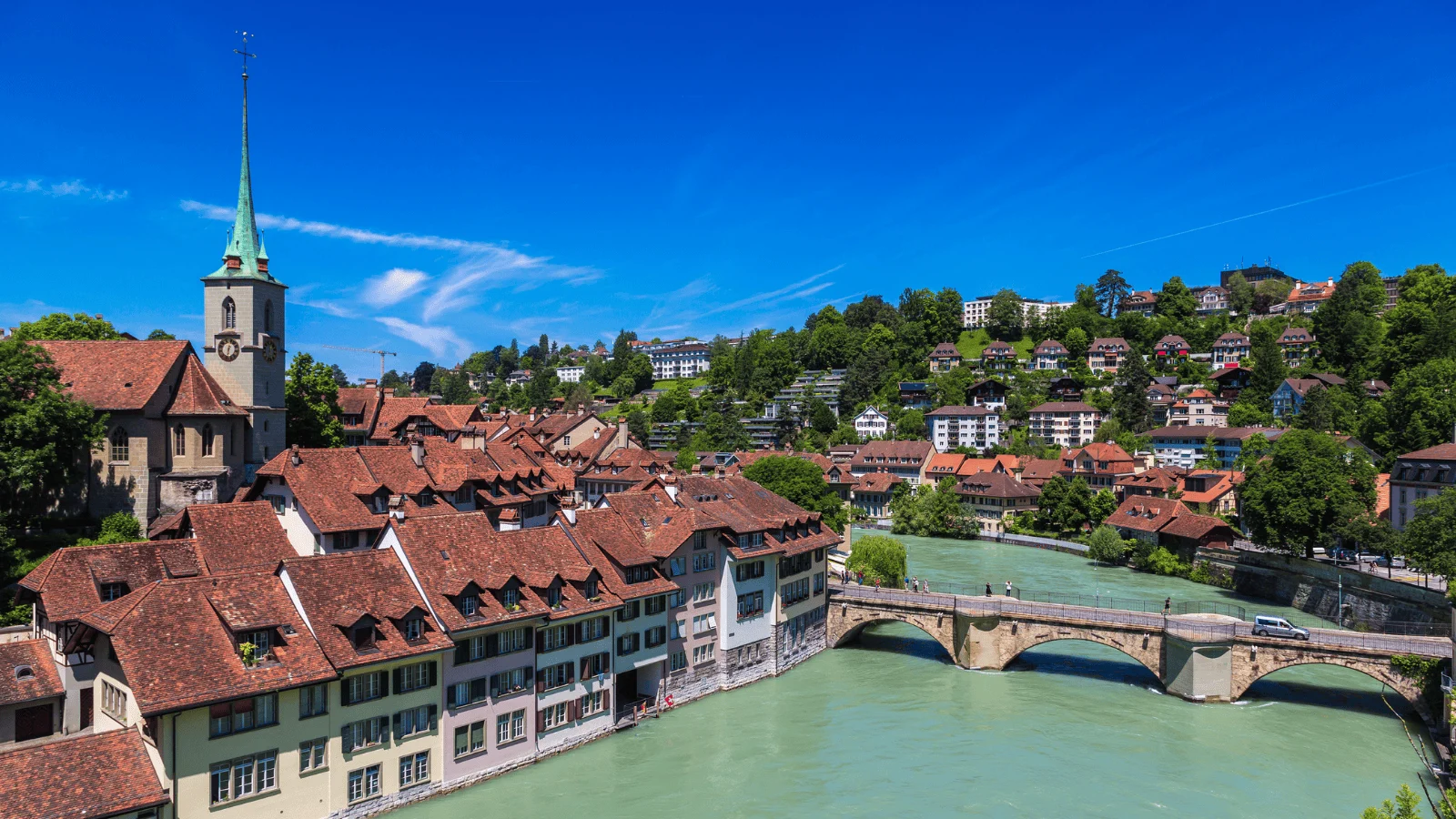
Don’t let the cobblestone streets stop you from visiting the Swiss town of Bern. This charming riverside locale has a rich cultural heritage dating back to the 12th century.
The Old Town, a UNESCO World Heritage Site, has many inclusive accommodations. Its streets are wide with minimal hills, and the cobblestones are relatively smooth.
Barcelona, Spain
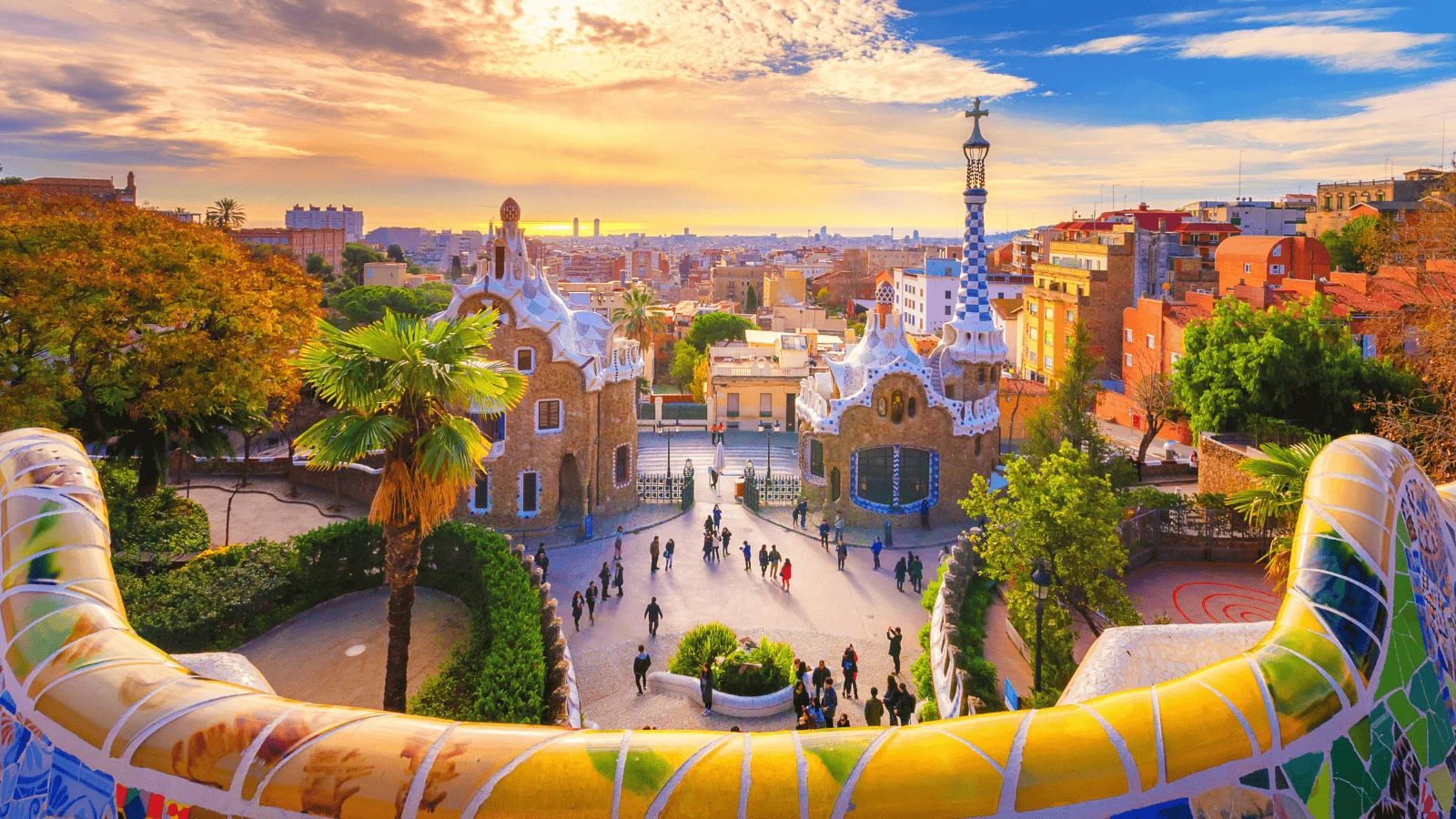
Head to warm and sunny Barcelona for an unforgettable vacation. The efficient public transport system makes accessing top sights and activities easy.
Many destinations grant free admission to disabled tourists. Thanks to adaptive wheelchair rentals, even Barcelona’s beaches are open to those with mobility issues.
Amsterdam, The Netherlands
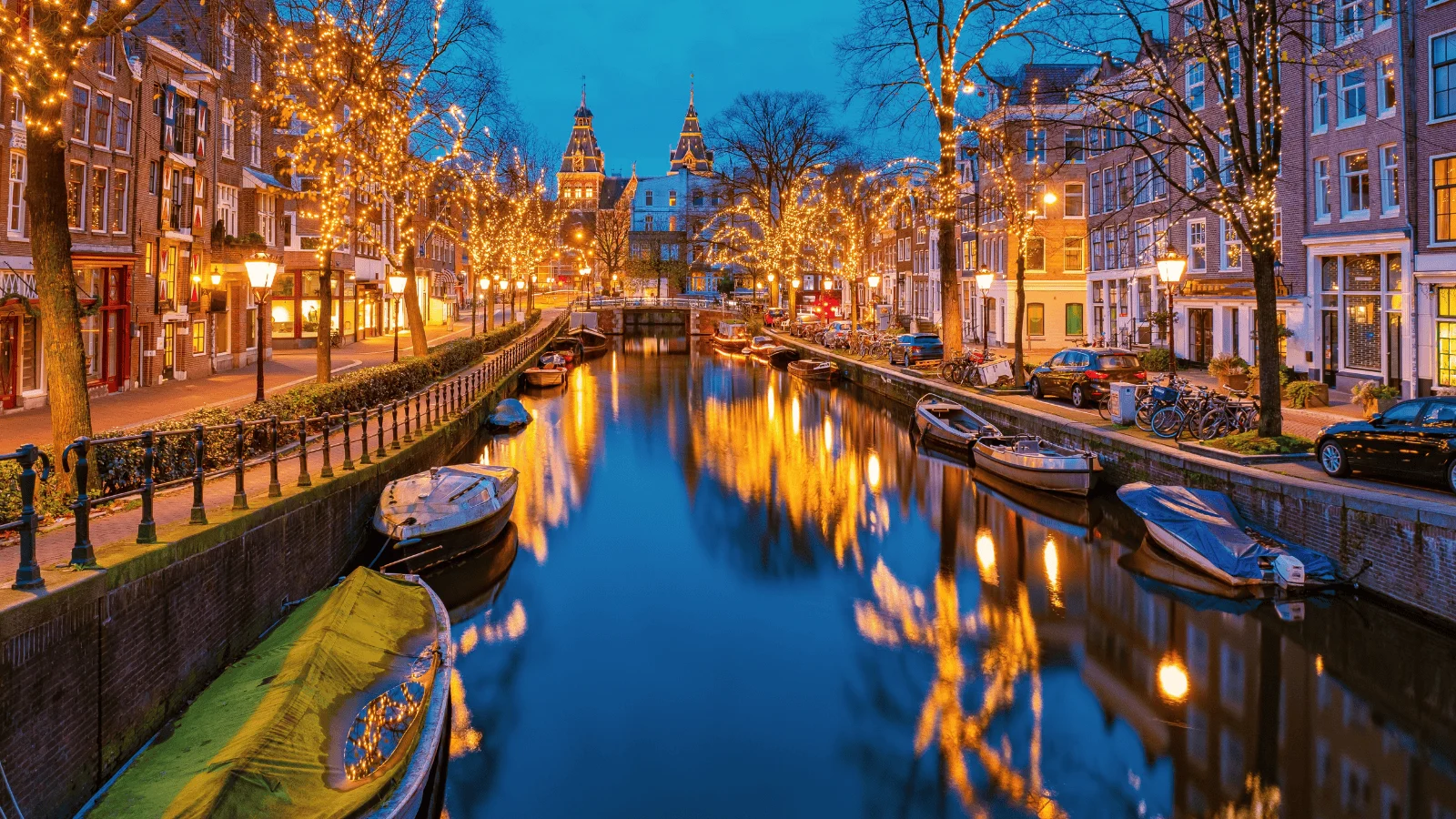
Exploring Amsterdam with a disability has never been easier. Accessibility is a top priority, from step-free public transportation to museums and places to stay designed to accommodate everyone.
Enjoy Amsterdam like a local by cruising down the canal on boats with wheelchair lifts. Some companies even have adaptive bikes for disabled visitors to cycle the city’s expansive biking trails.
Rome, Italy

Wheelchair and scooter users will create lifelong memories in Rome. You can see world-famous landmarks such as the Colosseum and the Pantheon regardless of ability level.
Certain areas of Rome are more accessible than others, but planning ahead of time minimizes stress. Consider booking guided tours through an Italian company specializing in disability-friendly excursions.
Prague, Czech Republic

Since Prague is compact, it’s easy to navigate with limited mobility. Many top sights are near each other, and the city has made great strides in installing accessible features.
A river cruise is an excellent Prague activity for those with disabilities. You can admire historic landmarks and architecture without worrying about stairs or uneven surfaces.
Munich, Germany
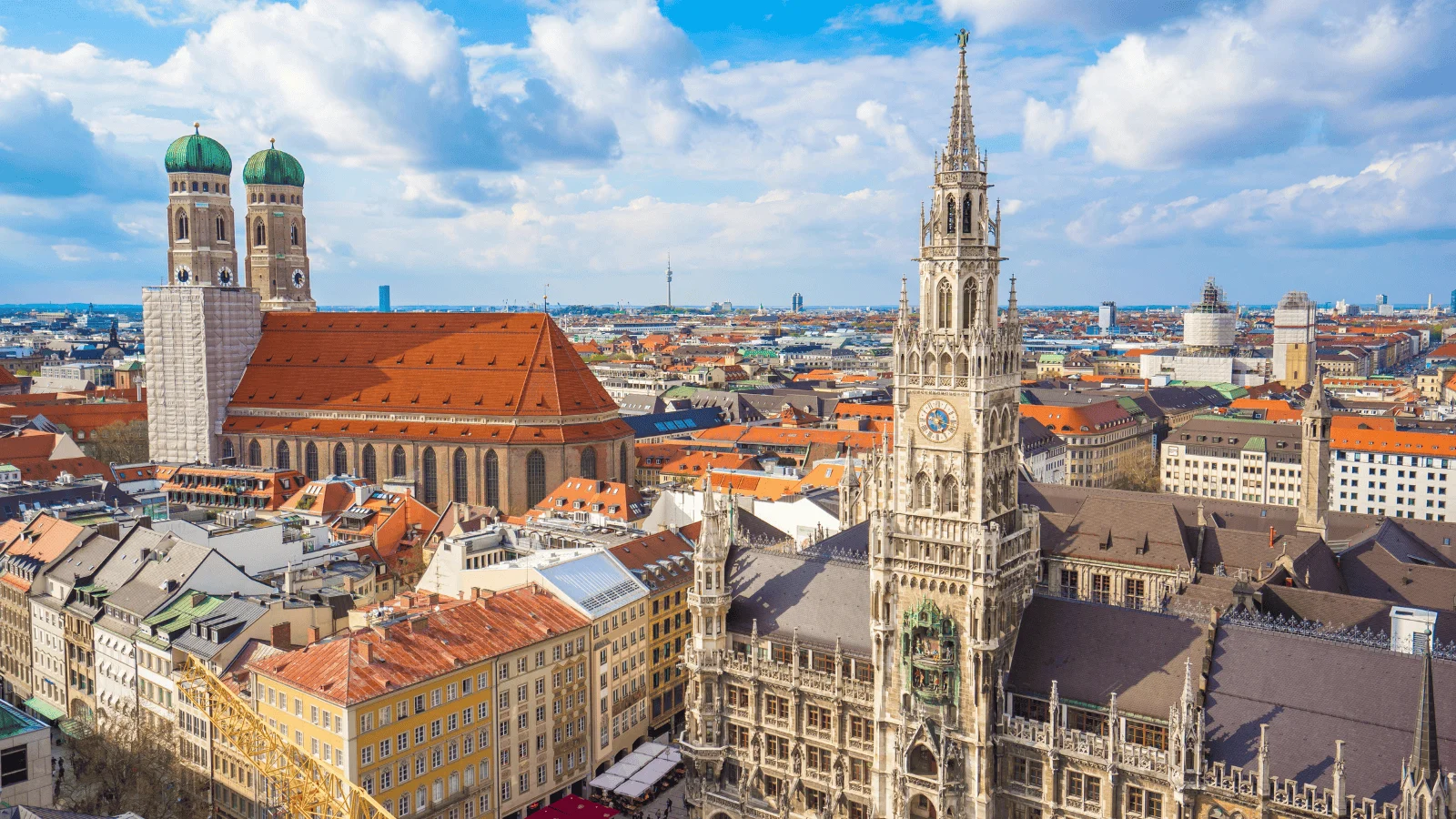
Munich, one of Germany’s largest cities, is a top destination for those with accessibility concerns. The relatively flat cityscape allows people in wheelchairs to enjoy the centuries-old cityscape.
Most of Munich’s trams and metro stations have ramps and elevators. Meanwhile, the city has equipped modern hotels, restaurants, and public spaces with lifts and handrails.
Bratislava, Slovakia
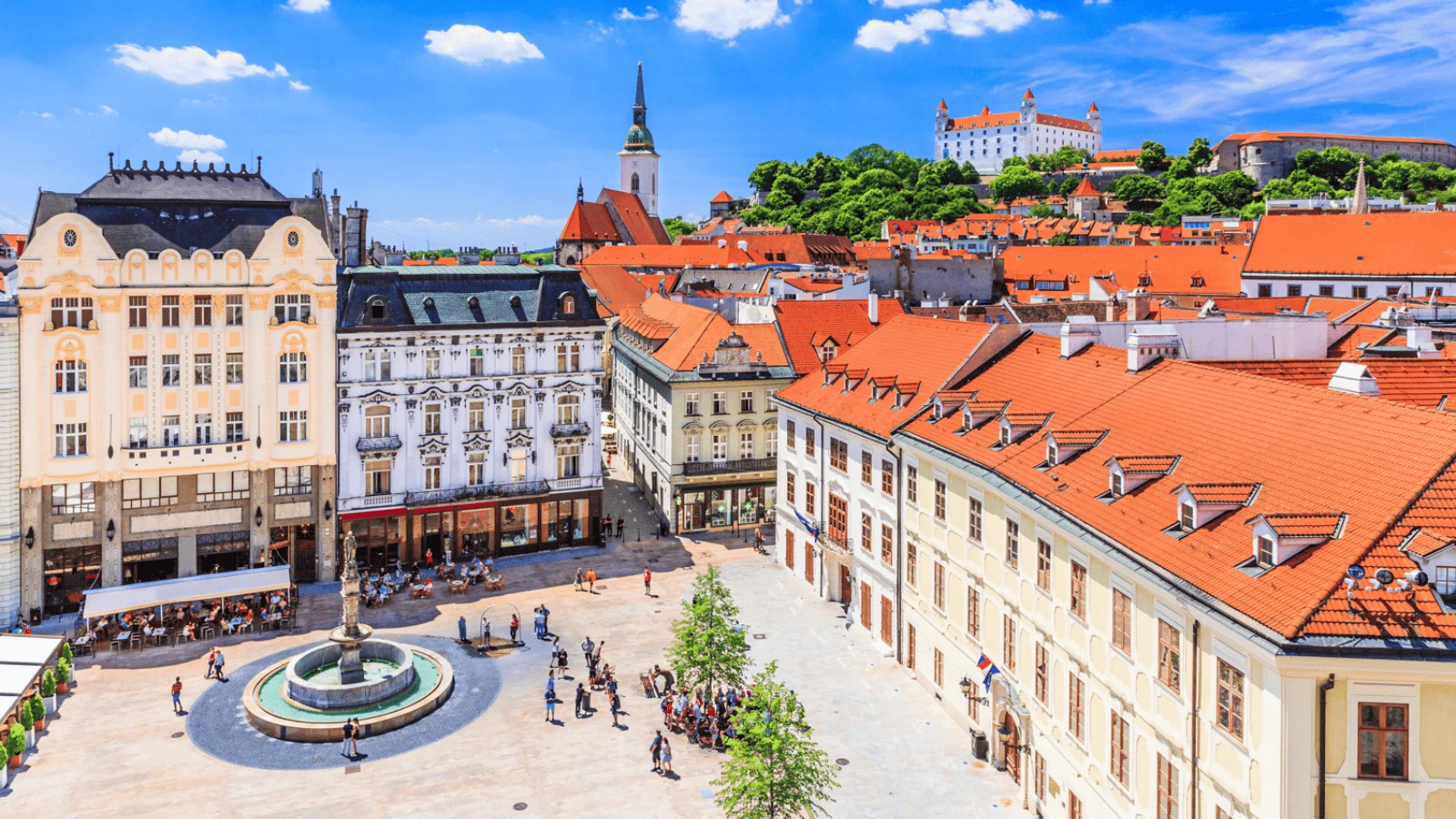
Bratislava offers accessible features to help everyone have a hassle-free travel experience. While the historic city center can be challenging to navigate with limited mobility, there’s much more to discover.
Tour local art galleries, museums, and churches to see the best of Bratislava. There are also numerous lodging options for travelers with disabilities.
Oslo, Norway
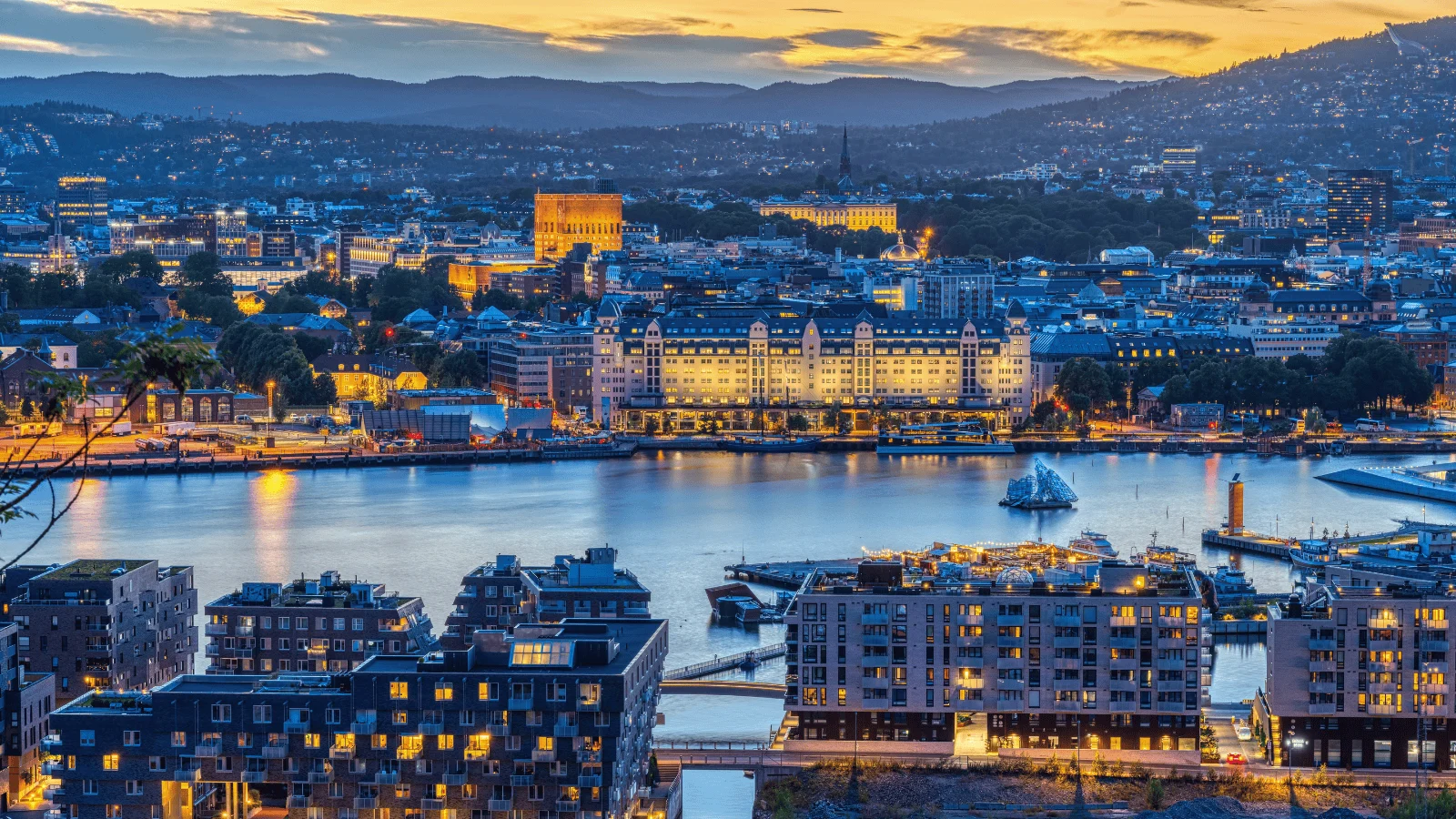
Oslo is the perfect place for an inclusive getaway, as one of the best Scandinavian cities to explore with a disability. You’ll find an impressive variety of dining, lodging, and activity options that are easily navigable. Traveling around Oslo is straightforward, as its modern infrastructure has all the necessary accessibility features.
Vienna, Austria

Disabled tourists should plan a trip to Austria’s capital, Vienna. It’s a prime example of creating equal access for visitors of all abilities.
Compared to other European destinations, Vienna is highly accommodating to those with mobility concerns. The city’s pedestrian areas are flat and smooth, and most trams, trains, and buses allow step-free boarding.
Ljubljana, Slovenia
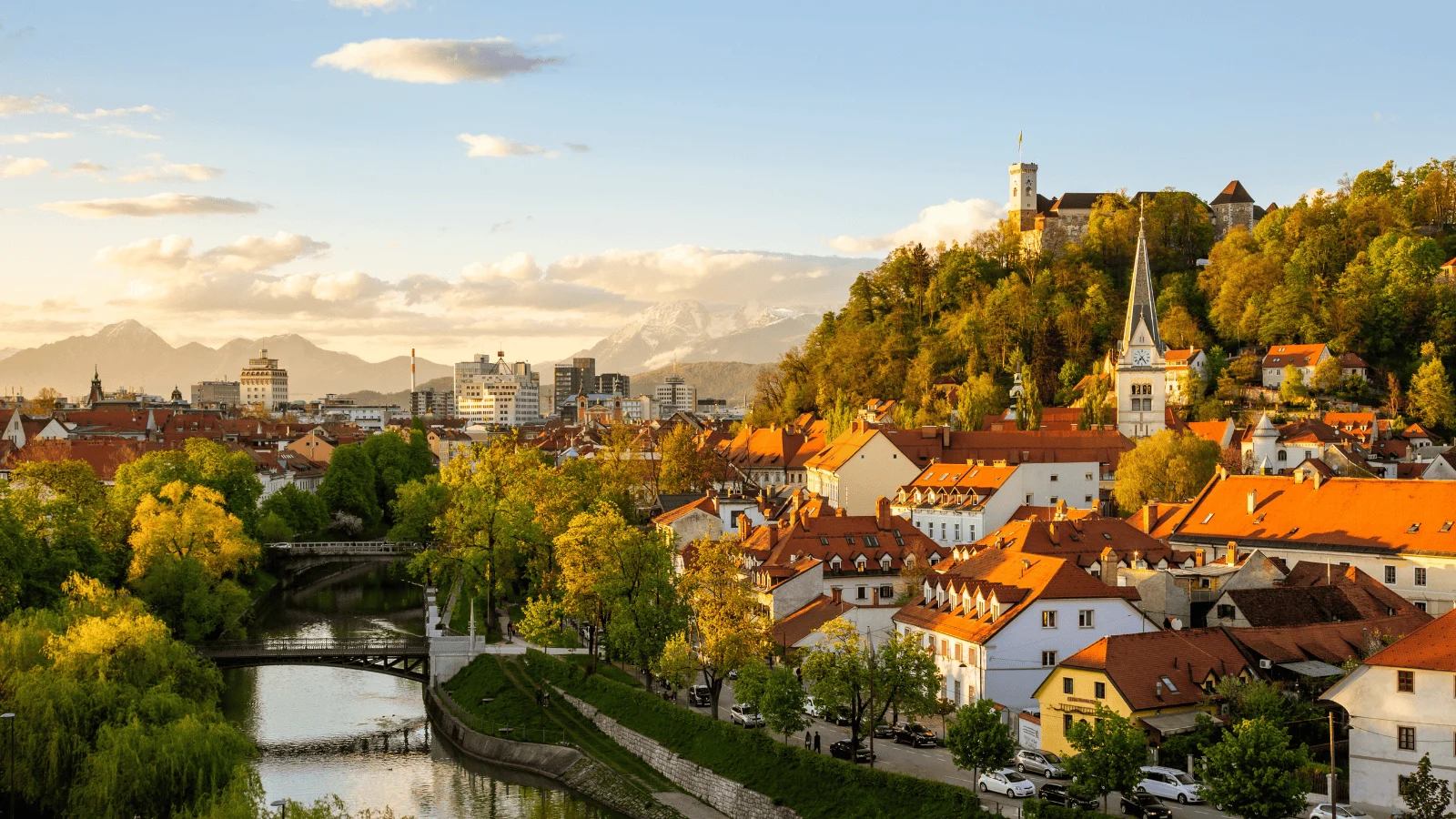
Slovenia’s capital, Ljubljana, is an underrated option for limited-mobility tourists. The city poses minimal barriers to those with disabilities, giving everyone an equally rewarding experience.
Ljubljana’s historic streets will transport you back in time with their old-world charm. Riverside paths are also broadly accessible, offering exceptional city views.
Don’t let your disability stand in the way of a jet-setting global adventure

Traveling with a disability can be intimidating. However, many destinations worldwide prioritize accessibility to welcome visitors of all backgrounds and mobility levels.
15 Accessible Destinations That Make Traveling With a Disability Easy
Select images provided by Depositphotos.

Elise Armitage is an entrepreneur and founder of What The Fab, a travel + lifestyle blog based in California. At the beginning of 2019, Elise left her corporate job at Google to chase her dreams: being an entrepreneur and helping women find fabulous in the everyday. Since then, she’s launched her SEO course Six-Figure SEO, where she teaches bloggers how to create a passive revenue stream from their website using SEO. Featured in publications like Forbes, Elle, HerMoney, and Real Simple, Elise is a firm believer that you can be of both substance and style.



